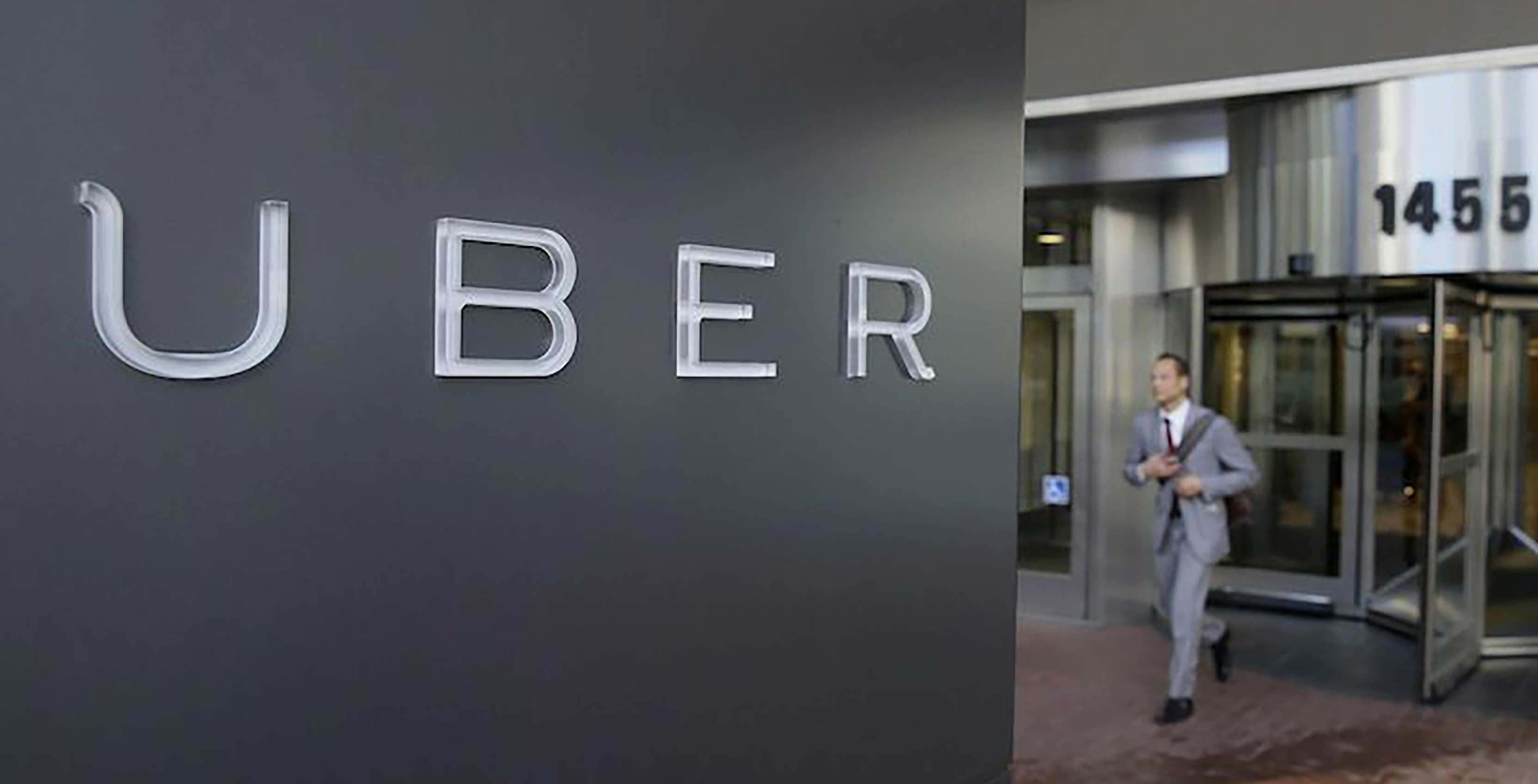
Amidst news that Uber plans on leaving the province because of increased, more stringent regulation, the Quebec Superior Court (QSC) has sided with the American ride-sharing giant on a separate, but related issue.
On Thursday, October 6th, 2017, the QSC rejected demands from the province’s taxi industry to strip Uber of its permit and to declare its operations illegal in the province.
According to a report from the Canadian Press, the case hinged on the taxi industry’s claims that Quebec’s transport minister Laurent Lessard overstepped and exceeded his authority when he signed and approved a one-year Uber pilot project in 2016.
The one-year agreement allowed Uber to operate in the province, so long as its drivers conformed to very specific conditions, including 20 hours of mandatory training.
The taxi industry further argued that the Uber pilot project created two parallel taxi systems in the province, leading to “unfair competition” against taxi drivers.
Finally, the taxi industry argued that Quebec taxi law only permitted the government to establish an agreement with “actual players in the industry and not outside actors.”
According to Quebec law, taxi drivers must buy or rent their permits in order to operate within the province. As per the agreement established between Quebec and Uber, Uber drivers did not need to purchase permits.
In her ruling, Justice Elise Poisson said that Lessard did not exceed his authority in signing an agreement with Uber.
“The law does not require, contrary to what the plaintiffs [taxi industry] argue, the holding of a taxi permit in order to take part in a pilot project,” wrote Poisson in her decision. “The court concludes the minister didn’t exceed his authority in concluding a deal with [Uber].”
Uber’s uncertain operations in Quebec
The QSC ruling comes only two weeks after transport minister Lessard announced that the government would be extending the pilot project for another year, under the conditation that Uber agrees to conform to more traditional taxi practices.
Lessard said that Uber drivers would have to undergo 35 hours of compulsory training — just like regular taxi drivers. Additionally, Uber drivers would have to undergo traditional police background check, much like regular taxi drivers as well.
In response, Uber Quebec’s general manager Jean-Nicolas Guillemette announced on September 26th, 2017 said that the company would cease its operations in the province, unless the government reversed its decision on the training period.
As of Thursday’s ruling, Uber’s operations in Quebec are in flux.
MobileSyrup has reached out to Uber for comment, and this story will be updated with a response.
Source: Canadian Press
MobileSyrup may earn a commission from purchases made via our links, which helps fund the journalism we provide free on our website. These links do not influence our editorial content. Support us here.


